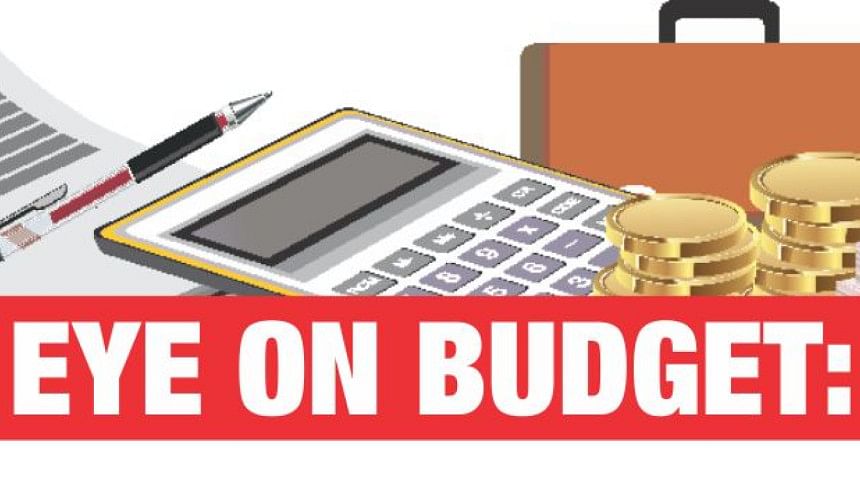DCCI backs undeclared funds in real estate

The government should allow the investment of undeclared income in productive sectors to discourage money laundering, Dhaka Chamber of Commerce and Industry said yesterday.
“We urge the government to keep the scope of investing undeclared income in productive sectors, including real estate, by way of imposing additional taxes so money laundering is discouraged,” said the chamber in its budget proposal.
A delegation of the chamber led by its President Hossain Khaled submitted the proposals to Finance Minister AMA Muhith at his secretariat.
The chamber said most of the undeclared income is sent abroad through illegal channels. “The existing faulty tax system should be upgraded to put off money laundering.”
On April 28, the Federation of Bangladesh Chambers of Commerce and Industry said people should be allowed to invest their undeclared incomes in the real estate sector without disclosing the source of the money to any government agency.
At present, one can invest undisclosed money in constructing or purchasing a building or an apartment without explaining the source of the income to the National Board of Revenue.
The present rules do not guarantee that other government agencies will not raise questions about the source of the funds.
If undisclosed money is allowed to be invested in real estate with a broader amnesty for 5 to 10 years, the sector will be able to come out of its current sluggish trend, the FBCCI said in its budget proposal. As a result, more revenue will be generated, it added.
The DCCI also called for fixing income tax at a minimum of 5 percent from 10 percent now and at a maximum of 20 percent from 30 percent at present.
The DCCI also called for fixing income tax at a minimum of 5 percent from 10 percent now and at a maximum of 20 percent from 30 percent at present. The corporate tax rate should be brought down to 35 percent from 45 percent, as the cost of doing business has gone up, it said.
In his speech, Khaled proposed complete withdrawal of advanced income tax on micro, small and medium exporters, and calculation of the income tax rate on them on the basis of gross income. The rate should be a maximum of 3 percent, he said. The chamber said capital gains from stock trading should be tax-exempted until the amount crosses Tk 30,000.
The package VAT for micro, small and medium enterprises should be brought down, taking into consideration their contribution to the economy, the DCCI said.
Muhith said local industries, including software developers, must be encouraged. “Our local software industry is performing well in the export markets. Banks also use locally produced software.”
The minister said the country has not been conscious about cyber security. “It must be admitted. Of course, we need outside assistance in this area.”

 For all latest news, follow The Daily Star's Google News channel.
For all latest news, follow The Daily Star's Google News channel. 



Comments